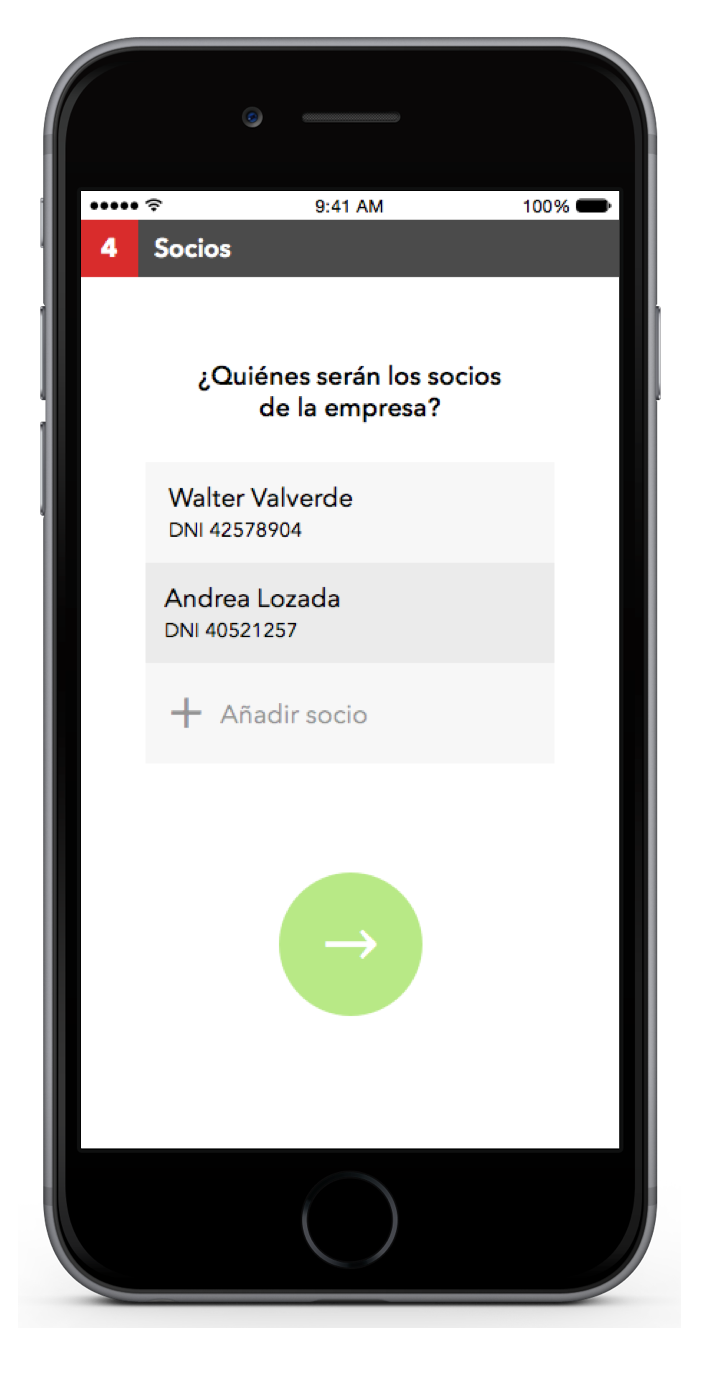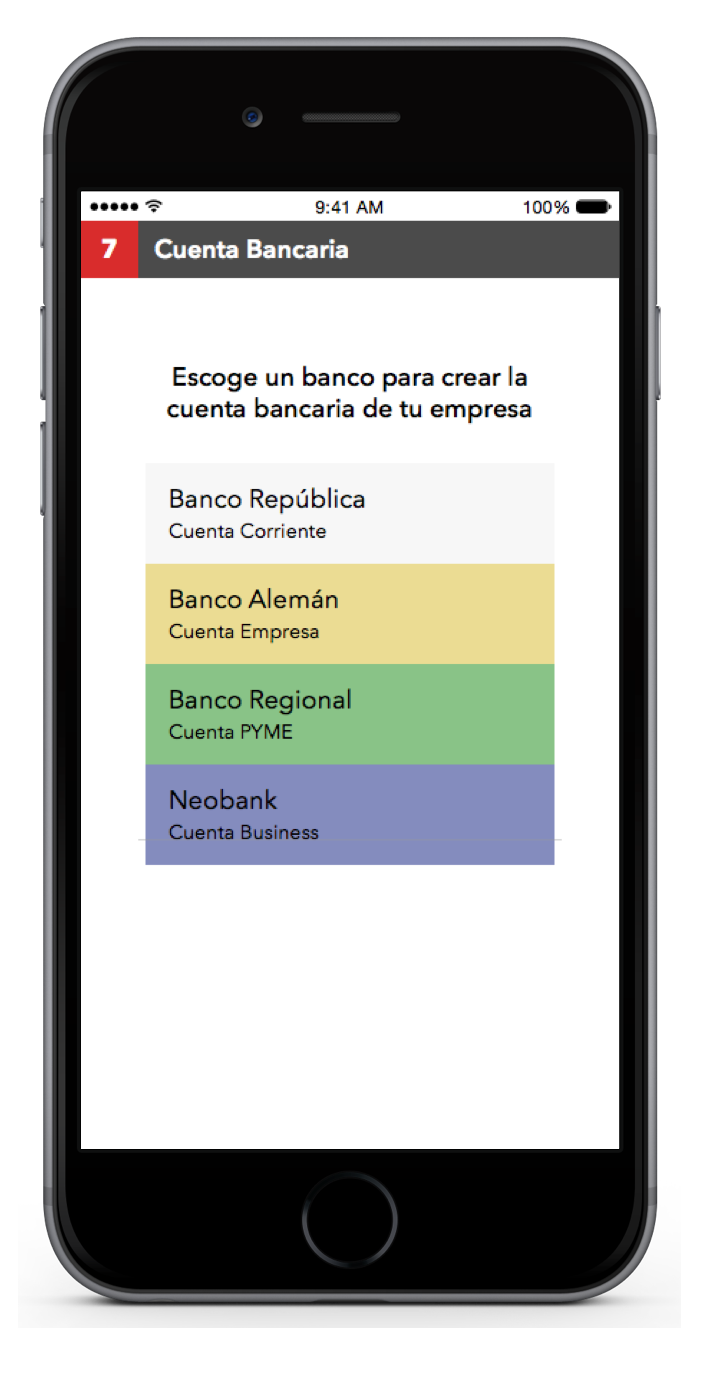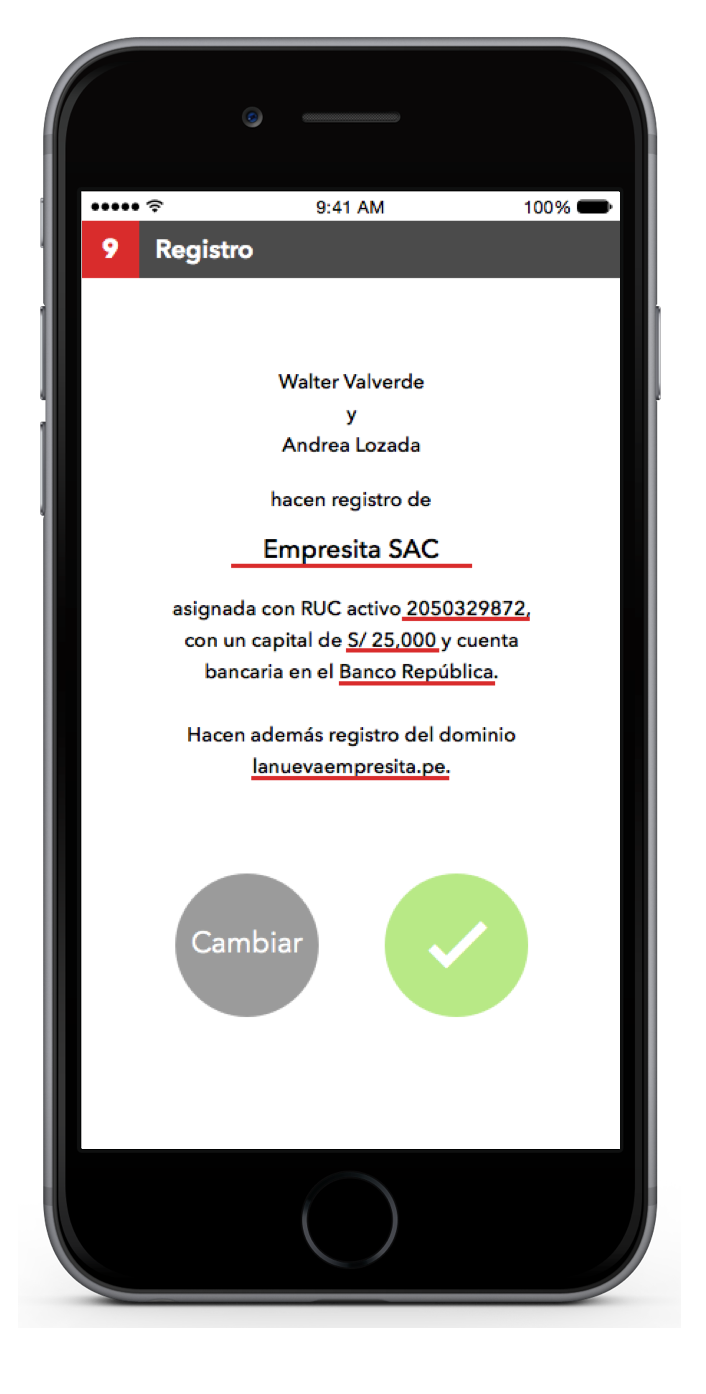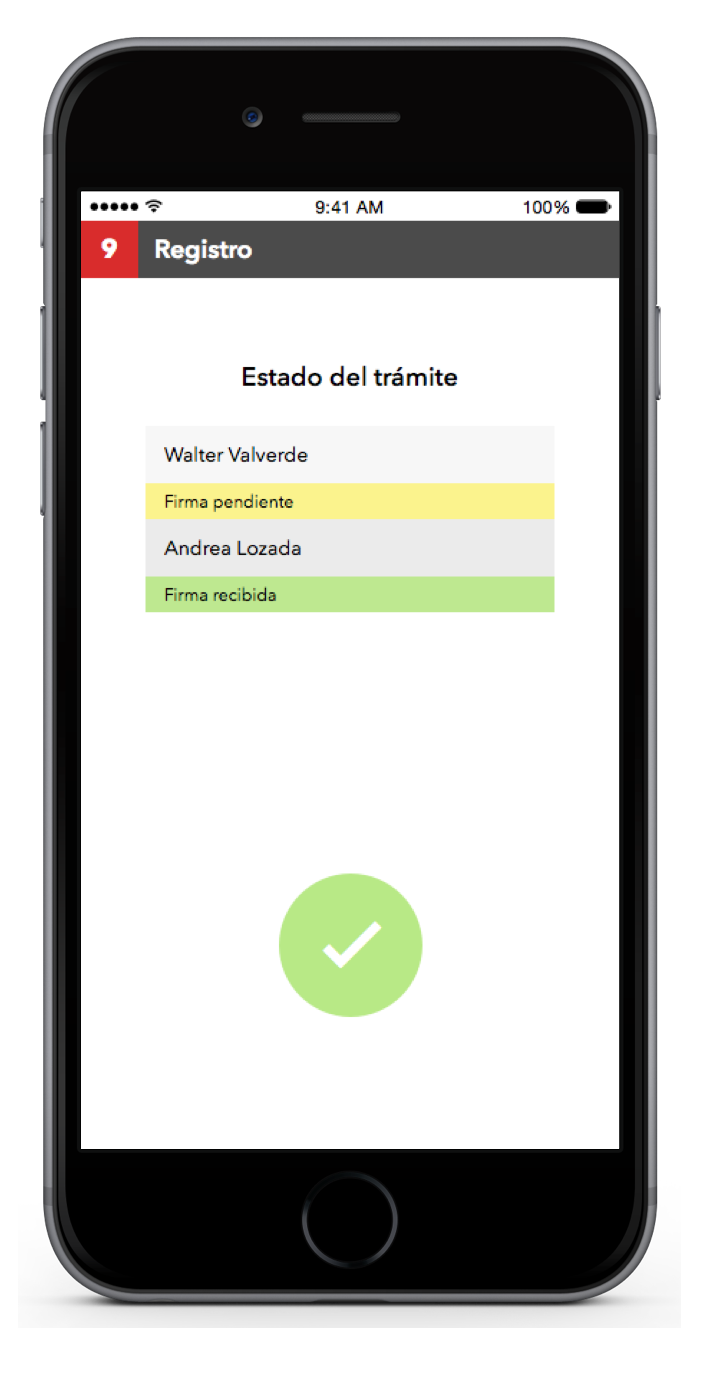About the Project
Date:
February 2016
Location:
Lima, Peru
Public services in Peru aren’t exactly delightful. The thought of having to visit a government agency to get something done fills you with dread and anxiety: it’s going to take a long time, it’s going to be very frustrating, and it’s very likely not going to work.
It shouldn’t have to be that way. Public services could and should be great: they should help citizens get things done. They should add value rather than subtract it. They should make people’s lives better.
At the same time, digital technologies are making it possible to build and deliver smarter and better services that respond better to user needs. Continuous iteration coupled with the capacity to push changes out immediately to millions of users are enabling teams to react very quickly to user behaviour, delivering increasingly better user experiences, at a massive scale, and a comparatively smaller cost. The tools and methodologies that enable this to happen could and should move to the heart of government and public services: simple, quality digital public services can not only improve citizens’ lives, but also increase the amount of trust they have on government, fostering civic engagement and public responsiveness.
org.create() is a concept in this direction. Building on Peru’s late obsession with entrepreneurship, it presents a user experience that is optimised from the citizen’s point of view, bringing together various government services under a single interface in an imaginary world where public databases and transactions are accessible through simple, easy to integrate APIs. org.create() is an ideal and idealistic user flow, designed to help the user become operational as quickly as possible, and setting them up to bring in business partners, set up bank accounts, and arrange tax payment increadibly easily. This way, not only are we helping citizens start new businesses, but we’re creating a framework for them to do so formally and legally, tackling the massive problem of informality in Peru through user experience and interaction design.
I believe this type of work to be extremely important for our context, while also representing a huge opportunity to build and develop digital skillsets and industries. Inspired by other such experiments around the world, such as the GDS in the UK or 18F in the US, I’ve grouped this work under the conceptual banner of 28 (after Peru’s national independence day, July 28): a fictional design studio focused on creating better digital public services, and the underlying technology architectures to power them. My hope is to revisit this theme whenever possible, and to start bringing in other people who are aligned with these banner and agenda in order to start pushing a movement to drive the digital future of Peru.





.screens-overview.png)